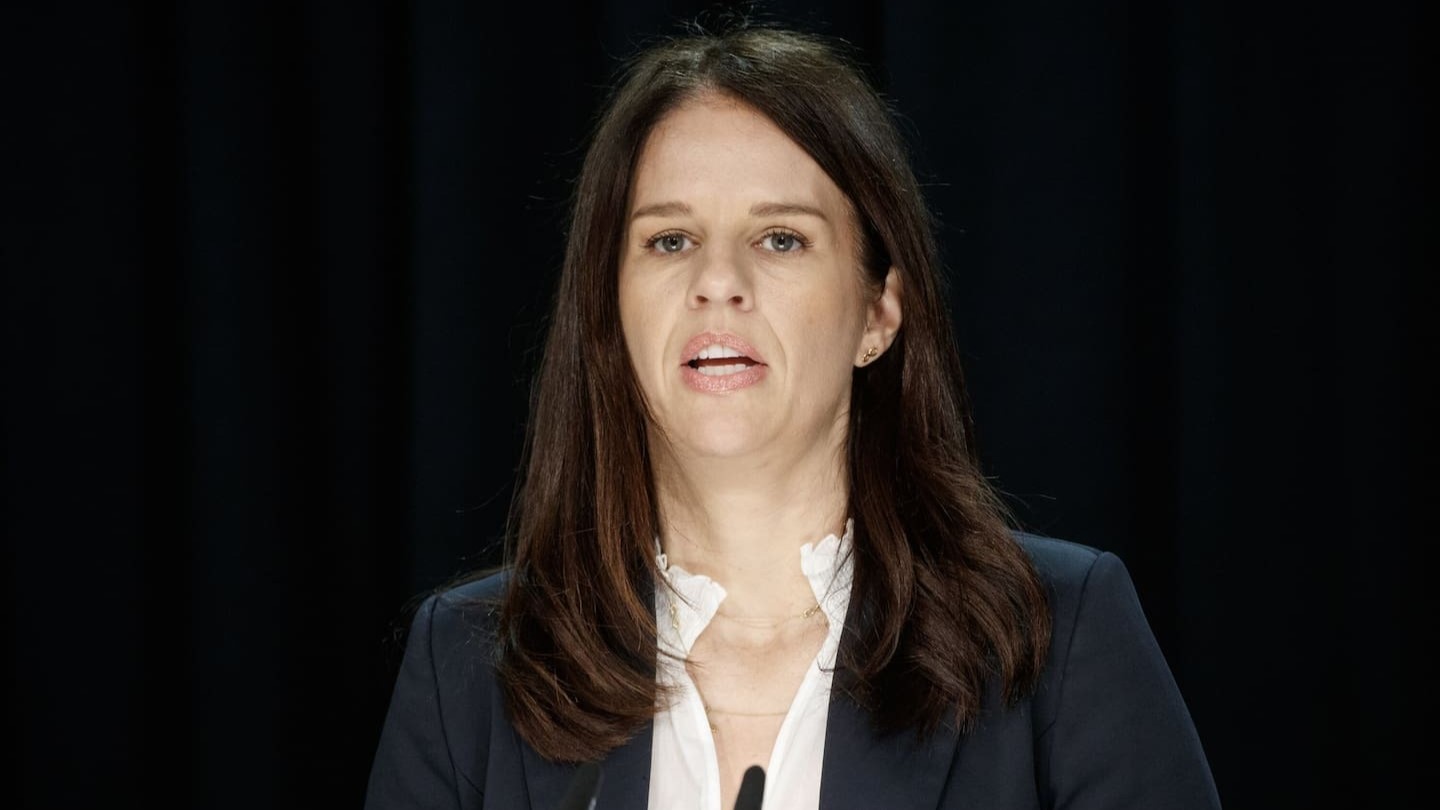Top Stories
New Curriculum to Introduce AI and Expand STEM Education by 2028

Senior secondary school students in New Zealand will soon have the opportunity to study generative artificial intelligence (AI) as part of their education. This initiative is part of a comprehensive refresh of the national curriculum announced by the Government, set to take effect in 2028. Alongside AI, the revised curriculum will place a stronger emphasis on STEM subjects (Science, Technology, Engineering, and Mathematics) while also introducing new areas of study, including civics, politics, philosophy, and media and journalism.
Education Minister Erica Stanford highlighted that the inclusion of these subjects aims to better prepare students for the rapidly changing landscape of technology and society. She noted that many countries already offer STEM-focused classes, but indicated that New Zealand students are not yet at the desired level of proficiency. “Now that we’ve got this whole reform programme going, we can actually look to the future and go – what does that look like?” she stated, emphasizing the need for educational reform in response to global trends.
The introduction of subjects such as generative AI reflects a growing recognition of the importance of technological literacy in the modern world. As industries increasingly rely on advanced technologies, equipping students with skills in AI and related fields will be crucial for their future employability.
Alongside the focus on technology, the inclusion of civics and politics in the curriculum aims to foster a deeper understanding of democratic processes and civic responsibilities among young people. By incorporating philosophy, the curriculum will also encourage critical thinking and ethical reasoning, preparing students to navigate complex societal issues.
The changes to the curriculum come at a time when educational institutions are under pressure to adapt to new realities. With the rapid pace of technological advancement, educators and policymakers are tasked with ensuring that students are not only consumers of technology but also capable of contributing to its development.
As the Government moves forward with this educational reform, stakeholders across the education sector will be watching closely to see how these new subjects are integrated and how they impact student engagement and learning outcomes. The focus on both technical skills and civic education represents a holistic approach to preparing the next generation for the challenges and opportunities they will face in an increasingly interconnected world.
-

 World3 months ago
World3 months agoTest Your Knowledge: Take the Herald’s Afternoon Quiz Today
-

 Sports3 months ago
Sports3 months agoPM Faces Backlash from Fans During Netball Trophy Ceremony
-

 Lifestyle3 months ago
Lifestyle3 months agoDunedin Designers Win Top Award at Hokonui Fashion Event
-

 Sports3 months ago
Sports3 months agoLiam Lawson Launches New Era for Racing Bulls with Strong Start
-

 Lifestyle3 months ago
Lifestyle3 months agoDisney Fan Reveals Dress Code Tips for Park Visitors
-

 World3 months ago
World3 months agoCoalition Forms to Preserve Māori Wards in Hawke’s Bay
-

 Health3 months ago
Health3 months agoWalking Faster Offers Major Health Benefits for Older Adults
-

 Politics3 months ago
Politics3 months agoScots Rally with Humor and Music to Protest Trump’s Visit
-

 Top Stories3 months ago
Top Stories3 months agoUK and India Finalize Trade Deal to Boost Economic Ties
-

 Entertainment3 months ago
Entertainment3 months agoExperience the Excitement of ‘Chief of War’ in Oʻahu
-

 World3 months ago
World3 months agoHuntly Begins Water Pipe Flushing to Resolve Brown Water Issue
-

 Science3 months ago
Science3 months agoNew Interactive Map Reveals Wairarapa Valley’s Geological Secrets









